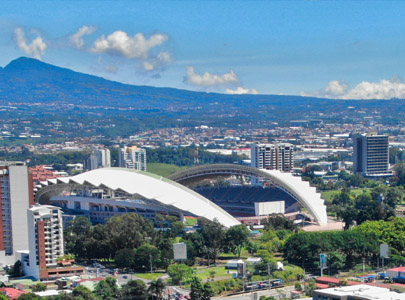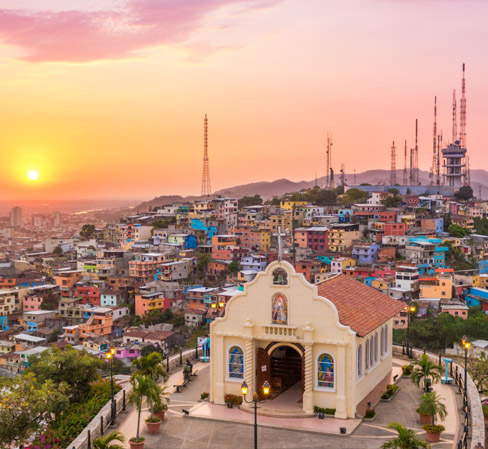
For an inclusive use of digital change integrated into Costa Rica's 2030 Agenda, the ECLAC-BMZ/giz cooperation program provided technical assistance to the Ministry of Science, Technology and Telecommunications (MICITT by its acronym in Spanish) in developing the 2018-2027 Action Plan for the implementation of the national policy on gender equality in education, employment and participation in science, technology, telecommunications and innovation products (PICTTI by its acronym in Spanish). In this context, the cooperation program supported the 1) MICITT in holding regional workshops to coordinate the PICTTI; 2) the Ministry of Labor and Social Security in regulating digital platform jobs, technological change and emerging jobs; and 3) the National Institute of Statistics and Censuses in identifying and anticipating the demand for qualifications in the context of digitalization.




